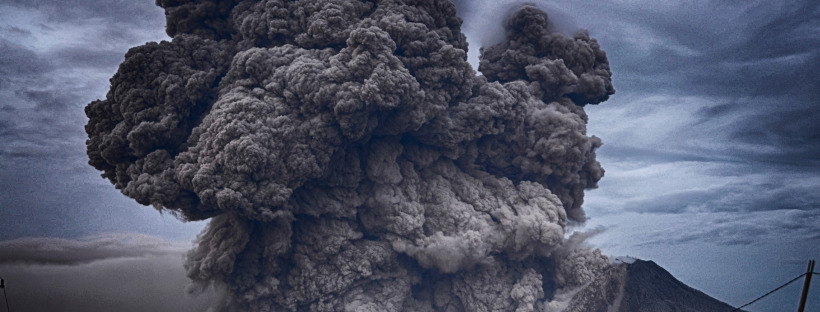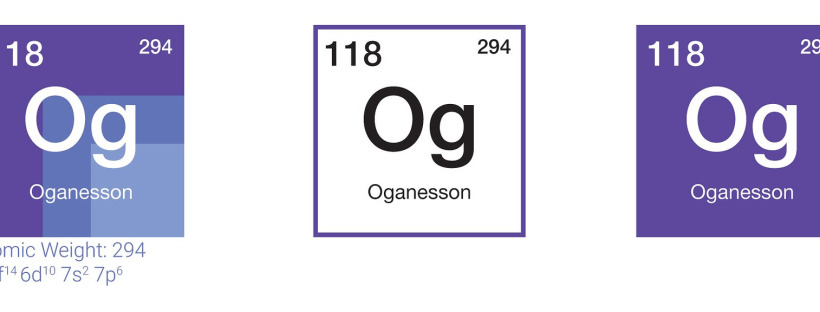 In his book “The Story Grid,” Shawn Coyne calls this the progressive complication. I love his words here too because they do an amazing job explaining what the point of these rising action beats is supposed to do.
In his book “The Story Grid,” Shawn Coyne calls this the progressive complication. I love his words here too because they do an amazing job explaining what the point of these rising action beats is supposed to do.
The whole point of the rising action scenes is to drive your protagonist to a point where he needs to make a choice he can’t get back from. Each complication adds another layer of difficulty for your hero.
Each time something in this portion of your scene occurs, your character gets to the point of no return, where he needs to choose something.
The most important thing about your rising actions is that each beat needs to up the ante for your protagonist. Things need to get more difficult, whether it’s physically, emotionally, mentally, or any other adverb you can think of.
The whole point is to keep your readers engaged.
If your protagonist has a bunch of random things happen that don’t really make his journey in your story more difficult, your story will turn stale and, shocker, it will be boring and flat. To illustrate the proper use of rising action beats, once again I’ll turn to “The Son of Neptune.”
While Percy is running from the gorgons, we find out several more complicating factors.
The first one is that, since he’s been running for so long, he hasn’t had time to eat or sleep. This makes him weak and much more vulnerable. So, even though the gorgons can’t kill him, it looks like at some point soon he’s just going to break down from sheer fatigue.
Then Percy gets a feeling that he is about to find what he’s looking for. Unfortunately, that thing he’s looking for is way under his feet. You see, Percy is at the top of a mountain. So, getting down to the place he needs to get to will be extremely difficult.
The last beat in the rising action is where Percy gets cornered by his attackers. By themselves, these complications are fairly benign. However, when added together, they create quite the quandary for the hero.
As a matter of fact, this last complication puts Percy in a spot where he has to make a choice he can’t return from. When you get your main character to this point, you know you’ve done your job.
Getting your protagonist to this point is the purpose of your rising action. This question that your character is facing is called the crisis, and I’ll be hitting on that one in my next post.
 The inciting incident has several names, such as the initial conflict, the exposition, the beginning hook, among other things. What you call it doesn’t really matter. What does matter is that your scene, your sequence, your act, and your book have one.
The inciting incident has several names, such as the initial conflict, the exposition, the beginning hook, among other things. What you call it doesn’t really matter. What does matter is that your scene, your sequence, your act, and your book have one. Previously
Previously Or, why every single story or book you write must have a spine.
Or, why every single story or book you write must have a spine.
 As long as people have been able to communicate with each other they’ve been telling stories. Stories are an integral part of every person’s life. They shape the way humans interact with other humans, that every level of interaction imaginable.
As long as people have been able to communicate with each other they’ve been telling stories. Stories are an integral part of every person’s life. They shape the way humans interact with other humans, that every level of interaction imaginable.